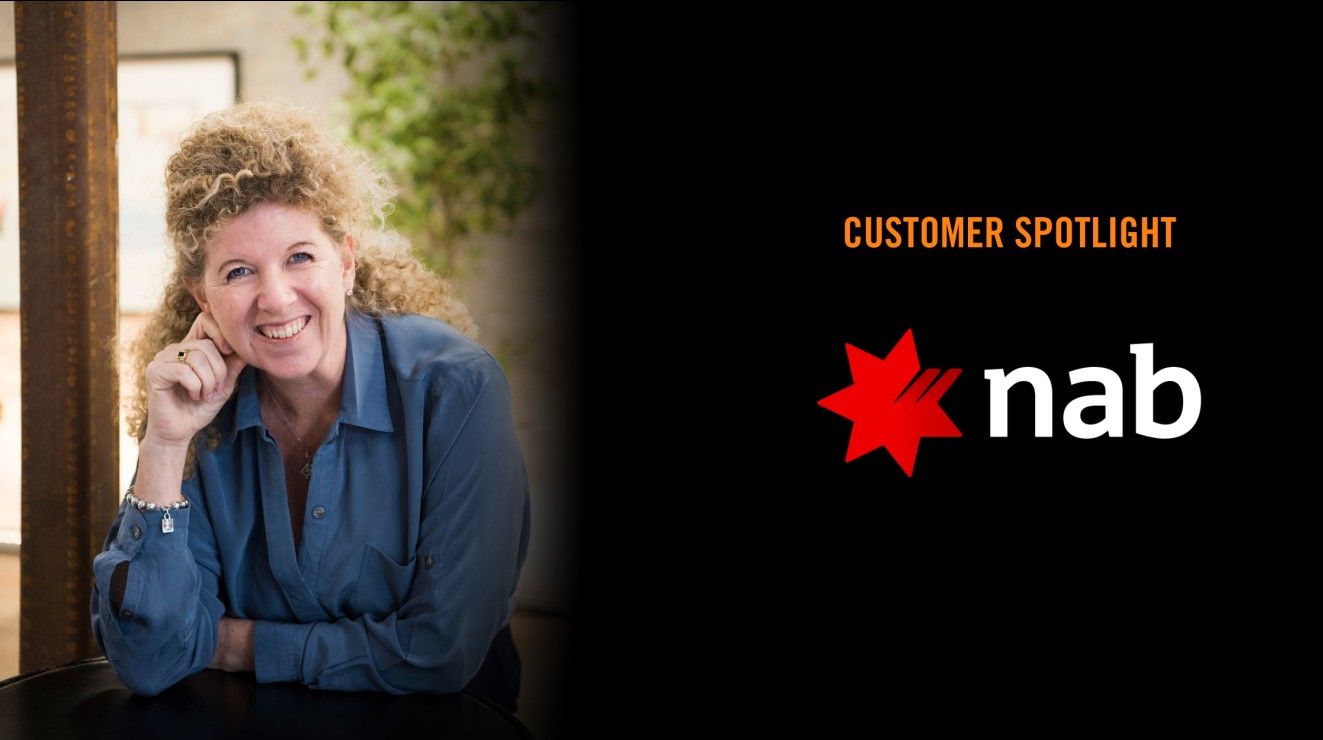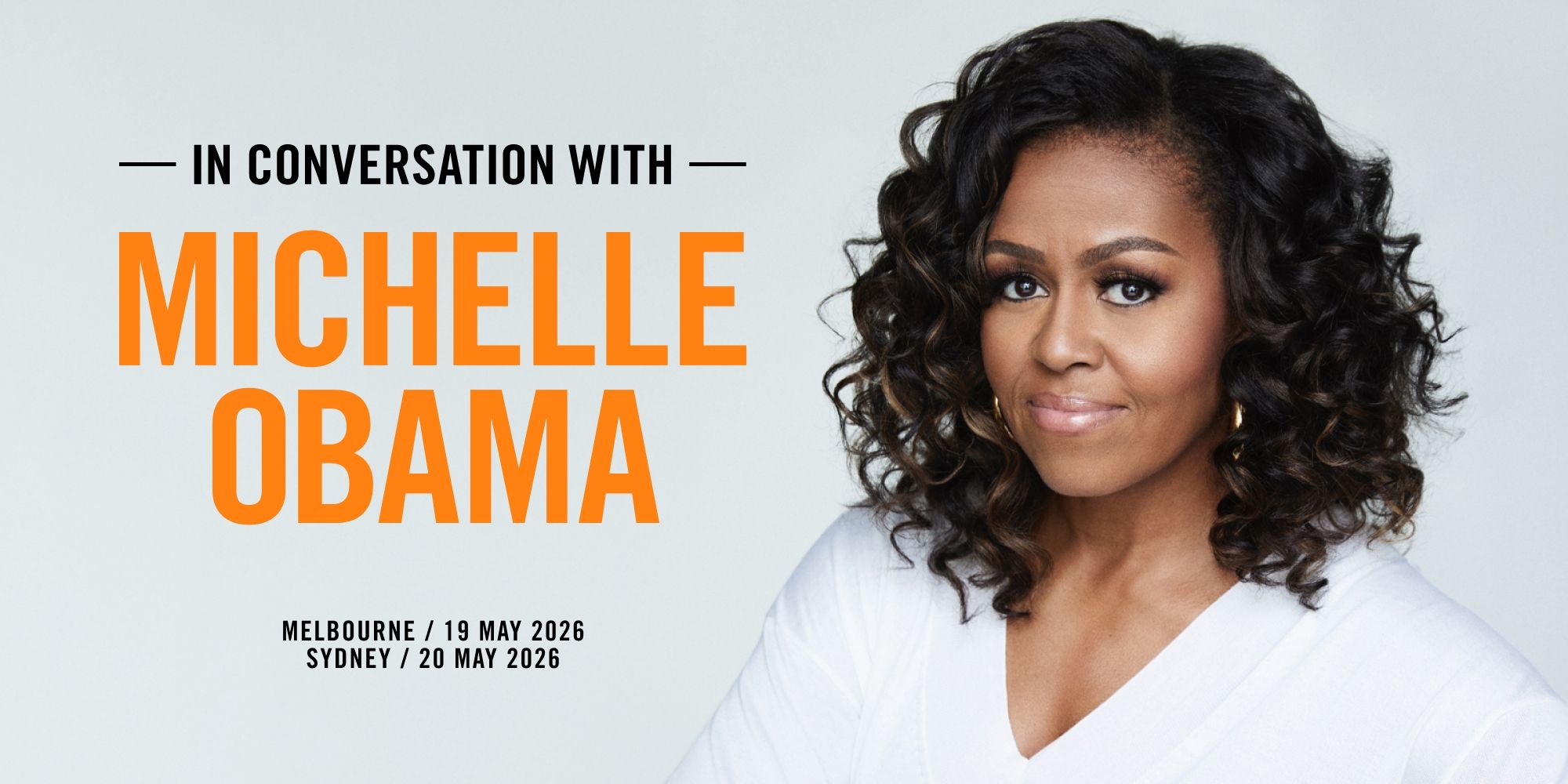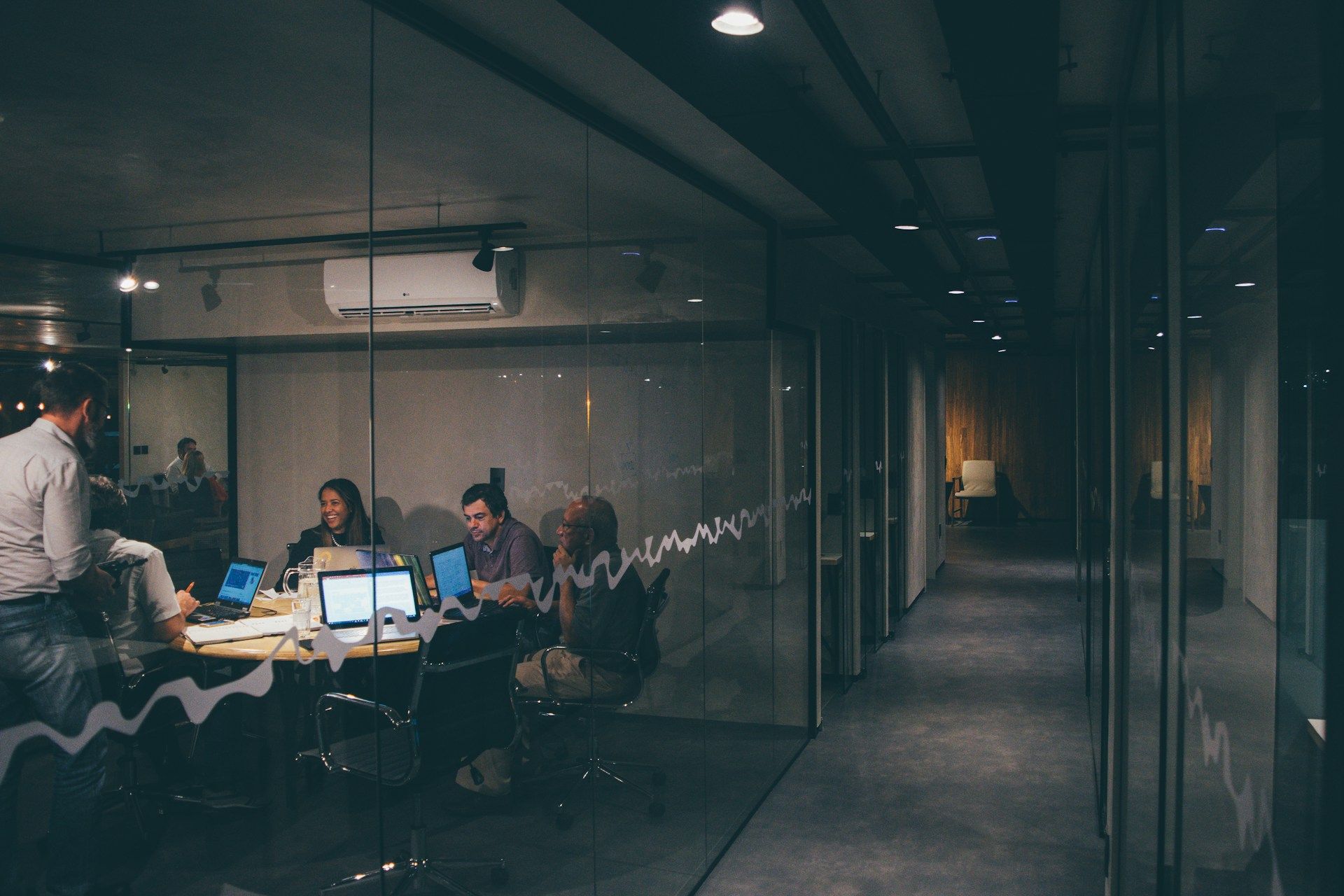In the Arena with Brené Brown: Choosing Courage over Comfort
It's time to be brave and show up
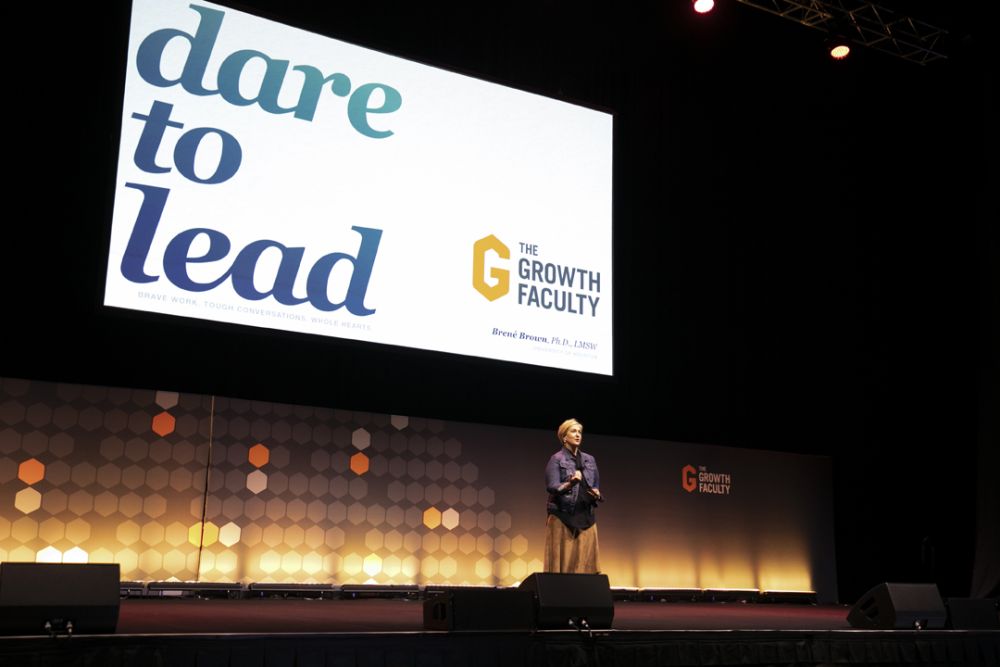
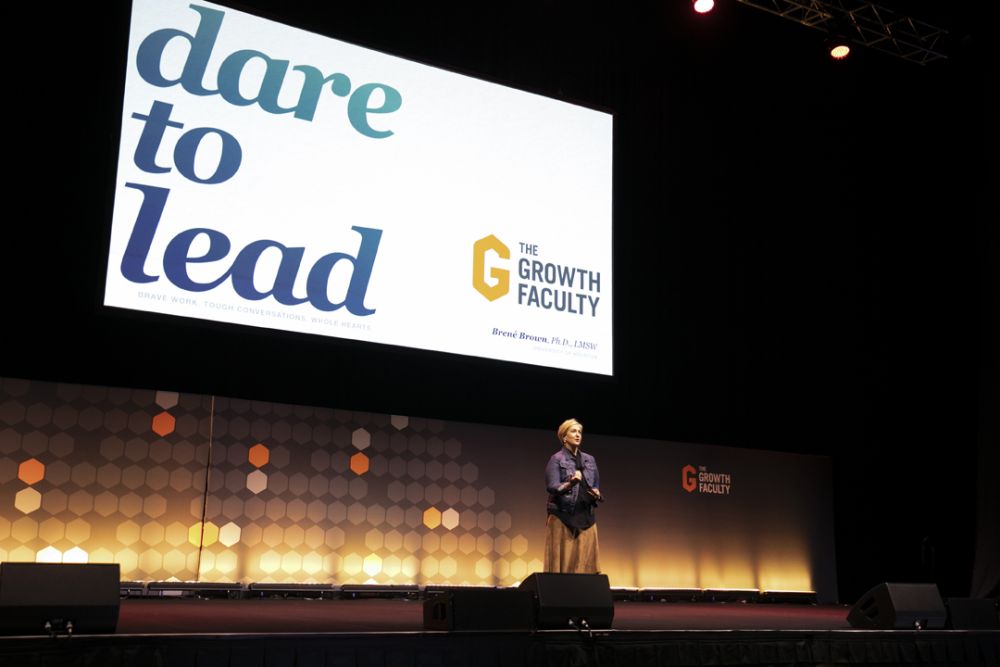
Leadership
Marketing
Inspiration
Upcoming Learning
Who's Up Next?We're continually sourcing the world's greatest minds for your business success, so subscribe today for event updates, business ideas, leadership tips and tools for growth.
Related Articles
